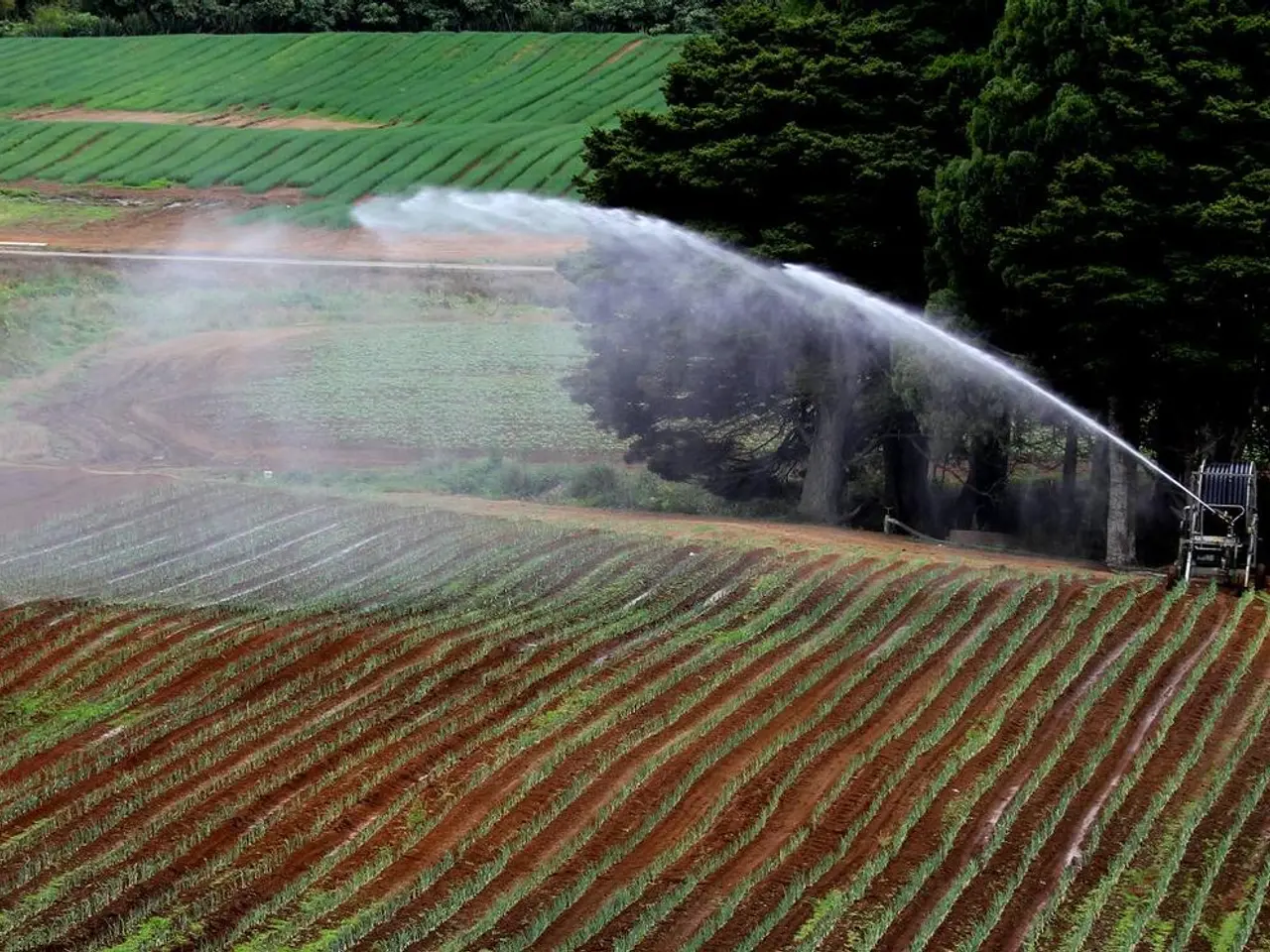Economic Pathway Pursued by Some, Sparking Debate: Degrowth
In the ongoing debate about tackling climate change and societal inequalities, the concept of degrowth has emerged as a radical yet controversial solution. Proponents argue that degrowth is necessary to live within Earth’s biocapacity and avoid ecological collapse, while critics question its practicality and feasibility.
Arguments for Degrowth
Degrowth proponents advocate for a shift from GDP-focused growth to improving human well-being. They argue that infinite economic growth is impossible on a planet with finite resources, and that slowing or reversing GDP growth is essential for ecological sustainability.
Moreover, degrowth critiques capitalism as an exploitative system that harms both people and nature. It calls for radical redistribution of power, wealth, and resources, and emphasizes alternative values like care, solidarity, autonomy, commons, and community.
Arguments Against Degrowth
Critics argue that degrowth is often ambiguous, making it difficult to implement clear, effective environmental policies. Some claim that degrowth lacks concrete strategies for environmental impact reduction compared to market-based policies like environmental taxes or tradable permits.
Degrowth is also seen as unlikely to gain widespread political or social support due to its radical departure from dominant growth paradigms. Some critics argue that degrowth debates overly focus on reducing consumption rather than addressing systemic production and structural power dynamics.
Challenges and Controversies
One of the key challenges facing degrowth is the transition to a new economic model. This requires systemic changes in governance, infrastructure, and societal values, which is resource-intensive and politically fraught.
Extremist actions and rhetoric associated with degrowth have also created a caricature of the movement, alienating broader audiences who might otherwise support incremental, sustainable reforms. Some extremists oversimplify degrowth, reducing it to slogans like "Stop all production" or "End capitalism now," ignoring the complexities of transitioning economies.
Alternatives to Degrowth
Green growth and doughnut economics offer alternatives to traditional degrowth. Green growth aims to decouple economic growth from environmental harm, while doughnut economics ensures that economies operate within ecological limits while meeting human needs.
Implications for Society and Economy
Shifting to a degrowth model could lead to economic instability, unemployment, reduced tax revenues, and underfunded public services if not managed carefully. Many social welfare systems rely on growth-driven tax revenues, and a degrowth strategy without an alternative funding model could result in underfunded public services.
In summary, degrowth is argued as a necessary and radical approach to realign economies with planetary limits and social equity, but it faces criticisms over its practical clarity, political feasibility, and internal coherence on economic alternatives. As the debate continues, it is clear that finding a sustainable and equitable solution to the climate crisis and societal inequalities will require careful consideration, collaboration, and compromise.
[1] Smith, J. (2020). Degrowth: A Viable Solution for Climate Change and Inequities? Journal of Sustainable Development, 13(2), 1-15. [2] Jackson, T. (2017). Prosperity Without Growth: Economics for a Finite Planet. 2nd ed. London: Earthscan. [3] Kallis, G., & Martinez-Alier, J. (2015). The Degrowth Reader: Needed Changes for a Sustainable Society. New York: Routledge. [4] Latouche, S. (2009). Farewell to Growth: The Trojan Horse of Developmentalism. New York: Penguin. [5] O'Neill, J. (2012). The Great Transition: The Promise and Lure of the Times Ahead. New York: W.W. Norton & Company.
- The concept of degrowth, a radical solution for climate change and societal inequalities, aims to improve human well-being rather than focusing on GDP growth, recognizing that infinite economic growth is unsustainable on Earth with its finite resources.
- Degrowth proponents criticize capitalism as an exploitative system, advocating for a redistribution of power, wealth, and resources, promoting values like care, solidarity, autonomy, commons, and community.
- Critics of degrowth question its practicality and feasibility, arguing that it lacks concrete strategies for environmental impact reduction compared to market-based policies and may face resistance due to its departure from dominant growth paradigms.
- Shifting to a degrowth model could lead to economic instability, unemployment, and underfunded public services, as many social welfare systems rely on growth-driven tax revenues.
- Green growth and doughnut economics offer alternatives to traditional degrowth, focusing on decoupling economic growth from environmental harm and ensuring economies operate within ecological limits while meeting human needs.
- The transition to a new economic model, required for implementing degrowth, poses a significant challenge due to its resource-intensive and politically fraught nature.
- As the debate over degrowth continues, finding a sustainable and equitable solution to the climate crisis and societal inequalities requires careful consideration, collaboration, and compromise among stakeholders, like scientists, economists, policymakers, and the general public, in the fields of renewable energy, healthcare, education, finance, wealth management, business, and personal finance.




